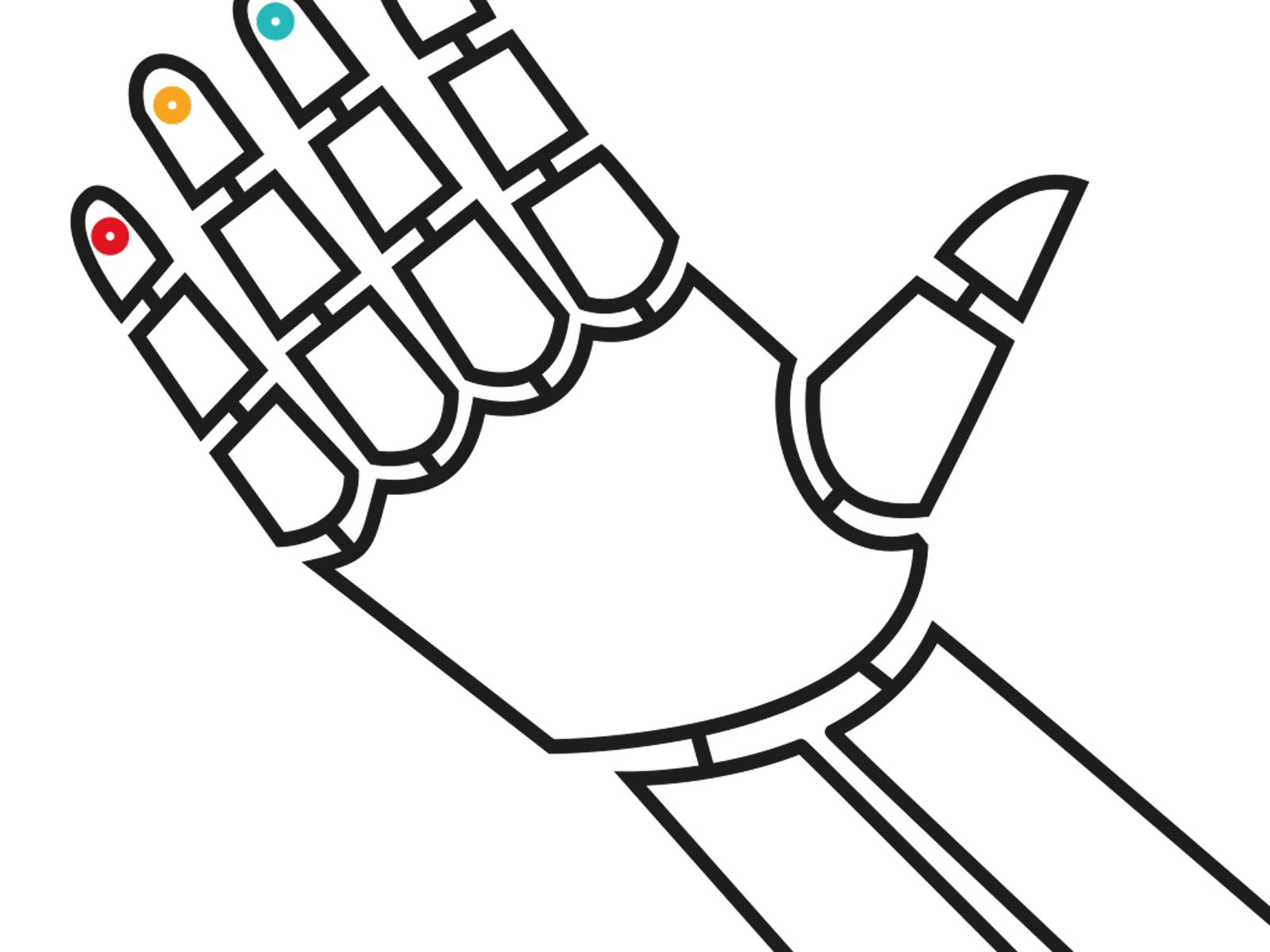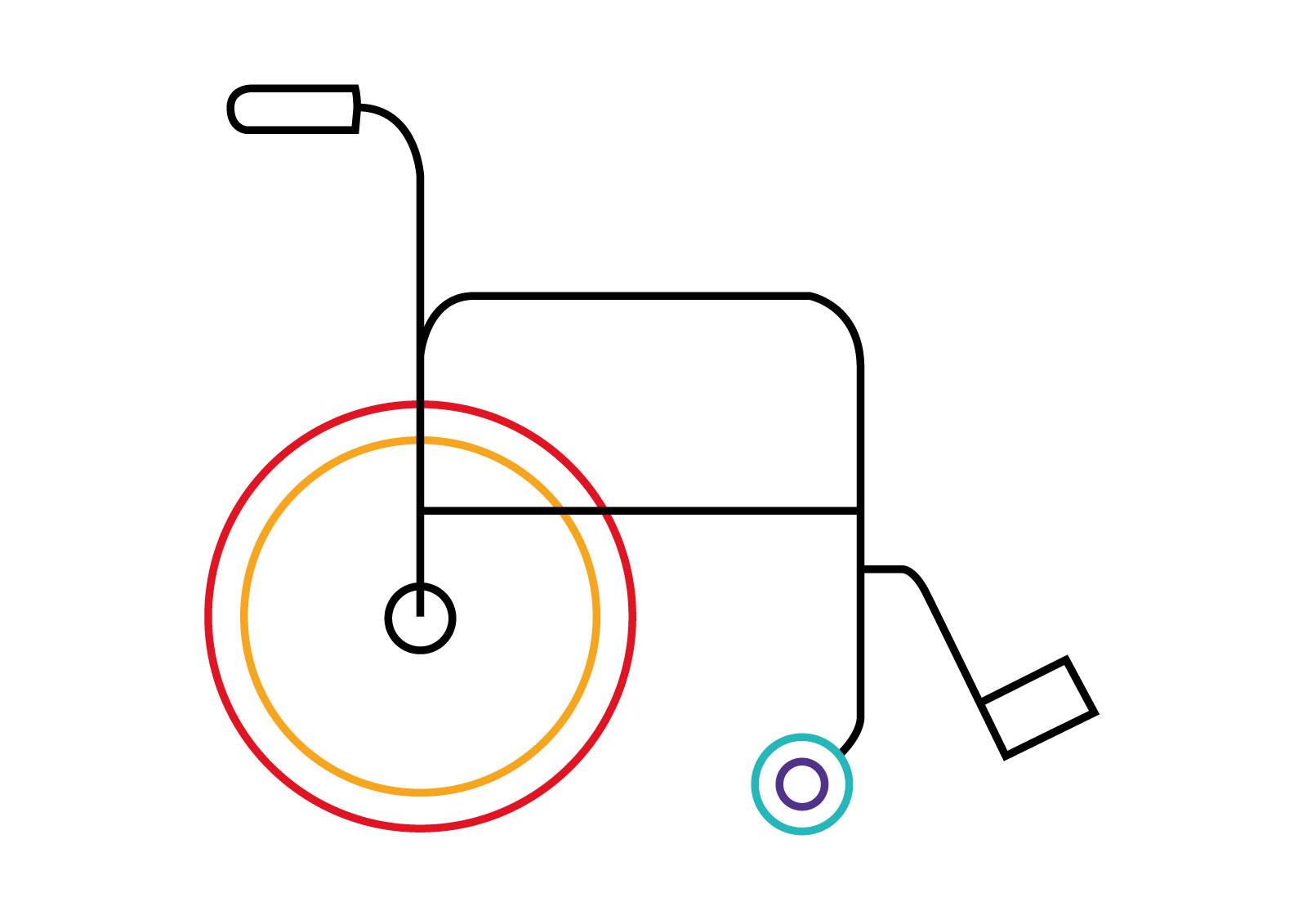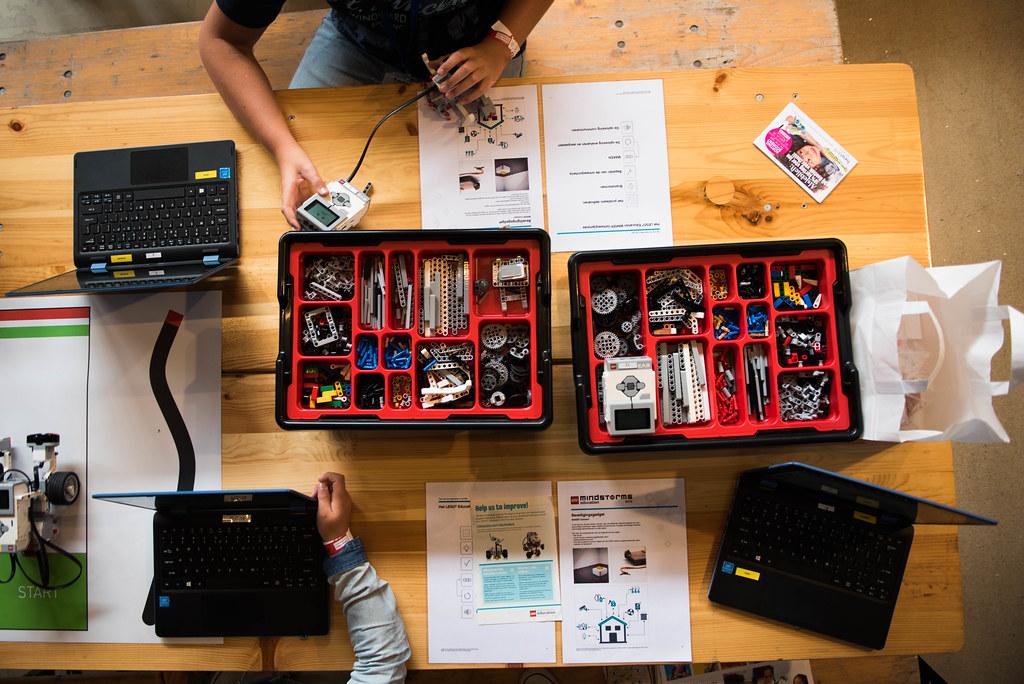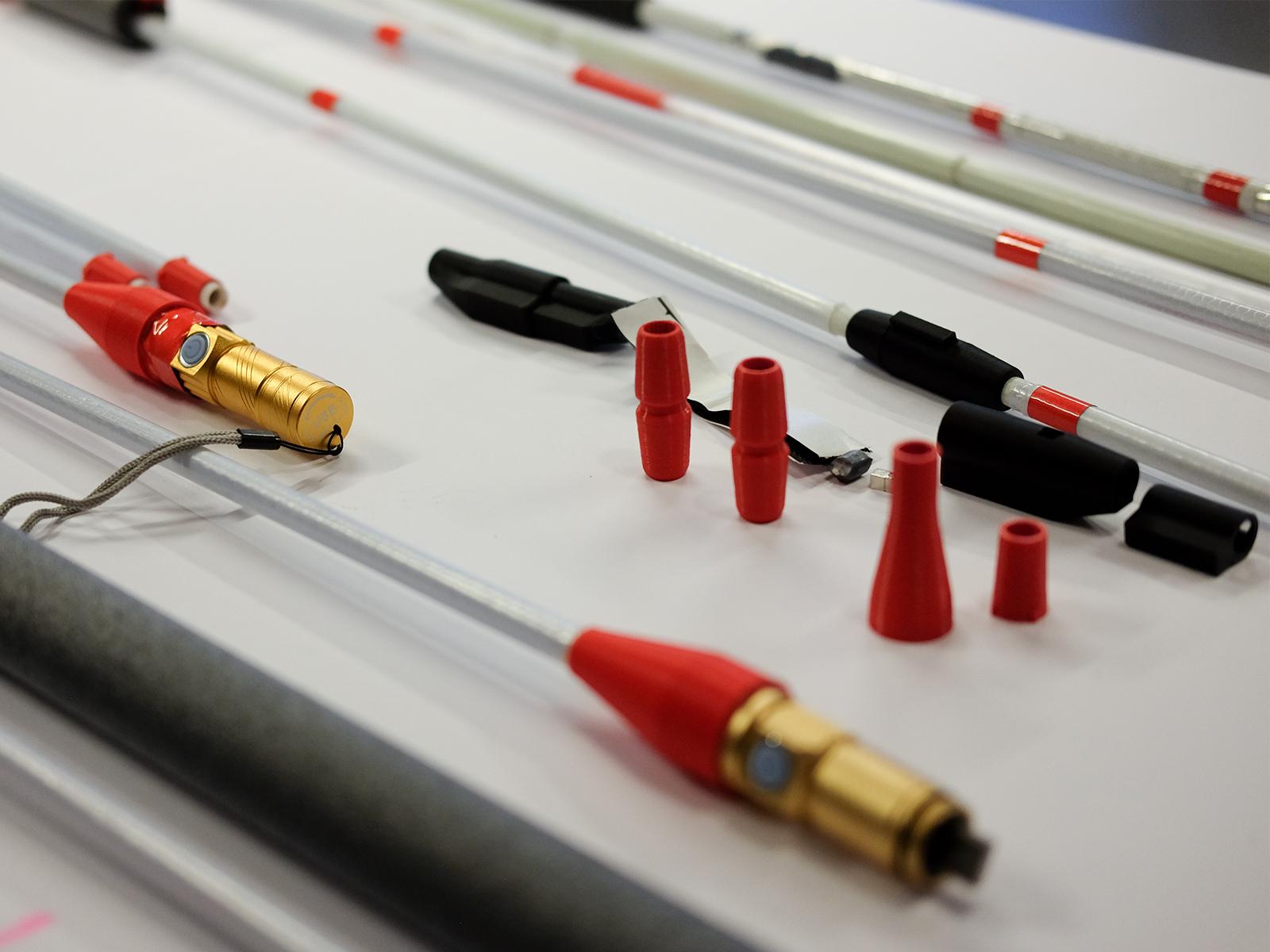During the 'MakeHealth: Prototyping' series, we'll be developing open design applications for healthcare together. Would you like to design a 3D-printed finger splint, DIY headlights for a wheelchair, or a custom tricycle? Are you a designer, an experiential expert, a healthcare professional, or an informal carer with a great idea for a healthcare solution? Everyone is welcome and participation is free. At Fablab Amsterdam our experts will help you through the process of taking a project from design to completion over eight weeks.
You'll be working in a team on a concrete question once per week (each Thursday) over an eight week period. This question could be about developing a new solution to a problem or improving an existing tool. You'll make use of our digital manufacturing tools in Fablab Amsterdam and we'll teach you how they work. Our experts will be ready to assist you with specific questions and technical challenges.
The development will take place over a series of eight Thursday evenings starting on Thursday 17 May. All meetings will take place in the Waag in both english and dutch.
Participation in the 'MakeHealth: Prototyping' series is free. You can sign up for the complete series via the link below. Prior knowledge of digital manufacturing and technology is not required as we'll focus on this during the workshops. However, we do expect you to attend all the workshops, so that your team have enough time to complete their project.
Do-It-Yourself Healthcare
With the rise of digital manufacturing technology and the increased accessibility of online knowledge, citizens can now develop high-quality care applications to meet their needs. With MakeHealth, we hope to develop new, open design applications and publish them online. This means that your healthcare solution, along with all the drawings and instructions needed to recreate it, could be made available via download on the international platform, Careables. Because everyone can then reproduce or adjust your solution, you end up helping not only your team, but our global society.
Programme
- Meeting 1 - 17 May from 20:00 - 22:30
Introduction to the theme, possible topics, and formation of teams. Each team begins brainstorming ideas about possible solutions. Joint decision on team's direction going forward. - Meeting 2 - 24 May from 20:00 - 22:30
Research on possible applications, materials, and techniques. Start first designs. - Meeting 3 - 31 May from 20:00 - 22:30
Developing designs: create drawings or models, choose material and plan for production. - Meeting 4 - 7 June
Begin creating first prototype. Experiment with materials and manufacturing techniques. Teams may use machines in the Fablab from 16.00. The meeting starts at 20.00. - Meeting 5 - 14 June
Continue with creation of prototype. Teams may use the machines in the Fablab from 16.00. The meeting starts at 20.00. - Meeting June 6 - 21
Test and adjust the prototype. Document the process and design drawings. Teams may use the machines in the Fablab from 16.00. The meeting starts at 20.00. - Meeting 7 - 28 June
Complete prototype and finish documentation. Teams may use the machines in the Fablab from 16.00. The meeting starts at 20.00. - Meeting 8 - 5 July
Presentation of final prototypes. Looking back on learning moments and tips.
Unable to participate this summer? We'll organise a second series this coming autumn in collaboration with the makerspace, Contact Amsterdam. Contact Amsterdam is easily accessible for those in wheelchairs.
About Made4You
In Made4You, citizens, healthcare professionals and makers work together to design and develop personalised care applications. Healthcare has changed radically over the past century. For a growing group of citizens, products and services in healthcare are either too expensive, do not match their needs, or simply do not exist yet. With the advent of better technology, the possibilities for developing digital healthcare applications have increased. With MakeHealth we want to develop new, open design applications and publish them online.
This project has received funding from the European Union’s Horizon 2020 research and innovation programme under grant agreement No. 780298.



